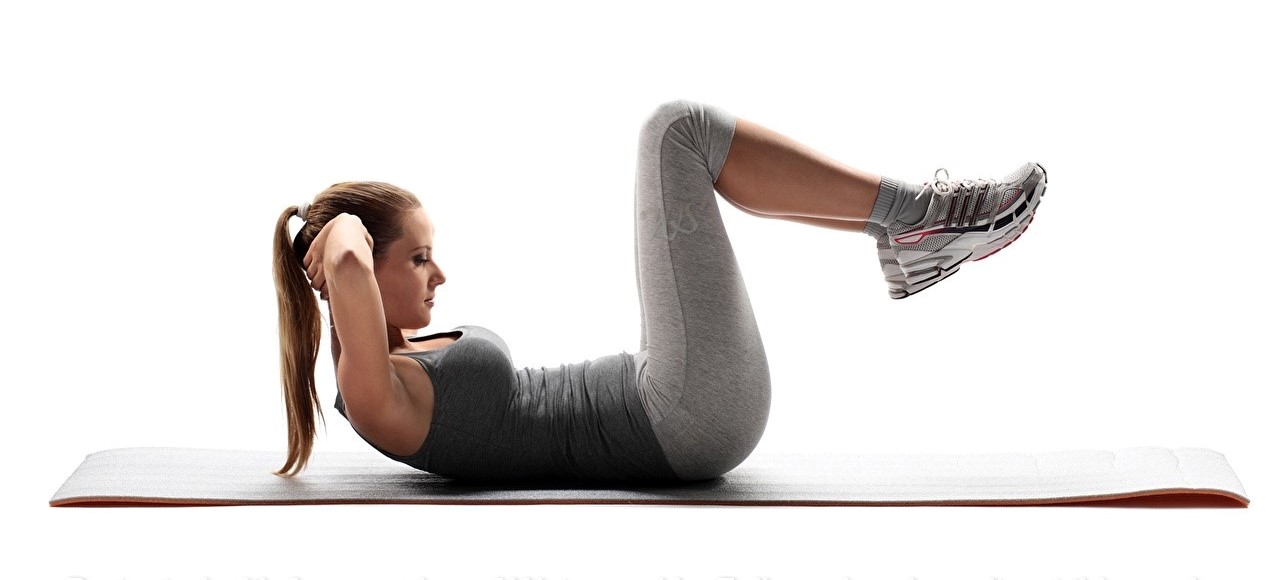Do you know that little voice in your head that makes you feel bad for getting sucked into your favorite episode of Seinfeld? Ignore it. According to scientists at the University of Buffalo, viewing re-runs can boost your energy. When asked to keep a diary of their tasks and energy levels each day, test subjects were more likely to seek out a re-run of their favorite television show after completing an exhausting task.
Post Contents
1. Watching re-runs… restores mental energy
Do you know that little voice in your head that makes you feel bad for getting sucked into your favorite episode of Seinfeld? Ignore it. According to scientists at the University of Buffalo, viewing re-runs can boost your energy. When asked to keep a diary of their tasks and energy levels each day, test subjects were more likely to seek out a re-run of their favorite television show after completing an exhausting task. After doing so, they felt more energized. The reason: Re-watching a favorite TV show or movie doesn’t use any mental effort—since you already know the plotline – and offers indirect social interaction with beloved characters without the energy-draining effects of interacting with a real person. This combination is what researchers speculate allows mental resources to boost your health faster so that you feel replenished rather than drained.
2. Singing… prevents a cold
The catch: You have to be doing it with other people. Group singing has been shown to increase of levels of s-IgA, or secretory immunoglobulin A—that’s the fancy name for an antibody that can be found in saliva and serves as the first line of defense against bacterial and viral infections. And studies found choir singers have lower levels of the stress hormone cortisol, and better moods overall, which likely plays a role in the immune system boost. You don’t have to be a pro and it doesn’t matter if your group belts out show tunes or heavy metal, explains Daniel Levitin, Ph.D., professor of psychology, neuroscience, and music at McGill University in Montreal. “There’s something about having to coordinate your actions with those of others that brings particular health benefits,” says Levitin.
3. Cracking up with friends… increases pain tolerance
That genuine, feel-it-in-your-gut laughter triggers the release of feel-good chemicals in the brain called endorphins, which leads to a higher tolerance for pain. Researchers at Oxford University put really tight blood pressure cuffs and frozen wine sleeves on study participants both before and after having them watch funny sitcoms and stand-up comedians or serious documentaries. They found that those who laughed at the comedies could withstand pain longer and laughing along with others relieved pain better than giggling alone.
4. Chewing gum… sharpens your wits
The same act that irritates etiquette sticklers may also help you concentrate better and stay focused longer. British researchers had two groups of people listen to random lists of numbers and remember certain sequences; the group that chewed gum had higher accuracy rates and faster reaction times than the non-gum chewers, especially toward the end of the task. That’s just one of the more recent in a number of studies that suggest gum chewing may improve a variety of cognitive functions, including memory, alertness, attention, boost your health, intelligence test scores as well as math grades in students.
5. Watching a wall-mounted TV… eases neck and back pain
That’s because it’s likely hanging above eye level, and having to hold your head up a little to watch can help decrease stress on your back muscles. As a comparison, when your head is leaning or tilted just 15% forward from where it should be, it requires two to three times more muscle energy to hold your head up, says Scott Bautch, DC, an ergonomics and occupational health expert with the American Chiropractic Association.
6. Sipping on ice water… diffuses a fight
Slushies, smoothies, and frozen coffee concoctions work, too. In two experiments, scientists found participants who literally cooled down holding a cold drink (warm can boost your health) were more inclined to see someone else’s point of view. Think about it: When you’re in a tiff, you focus on your side of the story and how you feel first. But to resolve and move past, you need to step back and consider both sides.
7. Wearing socks to bed… improves sex
How Dutch sex researchers figured this one out is probably the most interesting part. They had 13 couples take turns laying with their heads in a scanner, while their partners… uh, excited them… so the scientists could compare brain activity in different states, from simply resting to full-on orgasm. About half the women couldn’t climax, but not for the obvious reasons; the problem was their feet were cold. To calm the parts of the brain responsible for anxiety and fear, which are less active during orgasm, scientists doled out socks to increase subjects’ body temperatures and extremity circulation. The result: 80% reached orgasm.
8. Using a cafeteria tray … encourages healthier eating
Some colleges and workplaces have removed trays from their lunchrooms in an effort to reduce food waste & focus on how to boost your health, but if those convenient carriers are still stacked at your favorite eatery, pick one up: Diners who do are more inclined to take a salad, entrée, and dessert, according to Cornell University researchers. A tray-less trip through the food stations, however, likely forces you to leave one or more of these items behind—and guess which one it is? Study results showed more diners skipped the salad, but kept the dessert.
